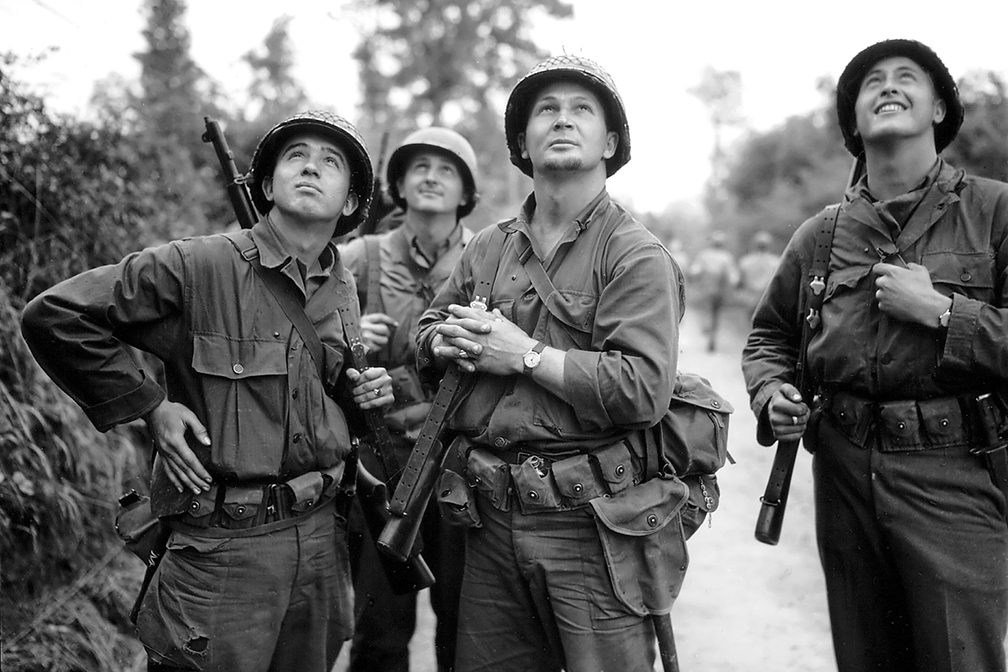Reflections of World War II Soldiers to Be Broadly Shared
April 11, 2017

Virginia Tech has received a National Endowment for the Humanities grant to create the American Soldier Collaborative Digital Archive, which aims to make available to scholars and the public a remarkable collection of written reflections by American soldiers who fought in the Second World War.
In the 1940s, more than 60,000 military personnel responded in their own words to questions posed by the War Department’s new Research Branch about their time in the service. A team of social and behavioral scientists analyzed, summarized, and interpreted the survey responses and, after the war, reported their findings in a four-volume work, The American Soldier.
While the branch’s quantitative data was later digitized and is available through the Roper Center at Cornell University and the National Archives, the responses themselves — the very personal words of thousands of soldiers — have long remained available only to those who could to travel to Washington, DC, to read the text on microfilm.
“We are hoping to quite literally write these tens of thousands of personal expressions of soldiers into the historical record,” said Edward Gitre, the Virginia Tech visiting assistant professor of history who is leading the American Soldier Collaborative Digital Archive project.
The National Endowment for the Humanities grant will fund a yearlong planning process for the project, which will enable discussions among experts from multiple organizations in military history, social science research, crowdsourced transcription, digital archiving, and interactive web design.
In the spring of 2018, the project will result in a list of any related primary or secondary material to be linked to or included in the digital archive; a document of technical requirements for the digital archive at its largest scale; a robust data management plan for the image and text data to ensure that it is accessible for the long term; an outreach plan to ensure that the project becomes known to willing transcribers and interested researchers; and a set of agreements about the work and other commitments required by involved organizations and individuals.
Ultimately, Gitre plans to build an online digital archive of approximately 65,000 images of the handwritten survey responses and to provide a tool that will allow students, scholars, and the public to transcribe these images to render them text searchable.







